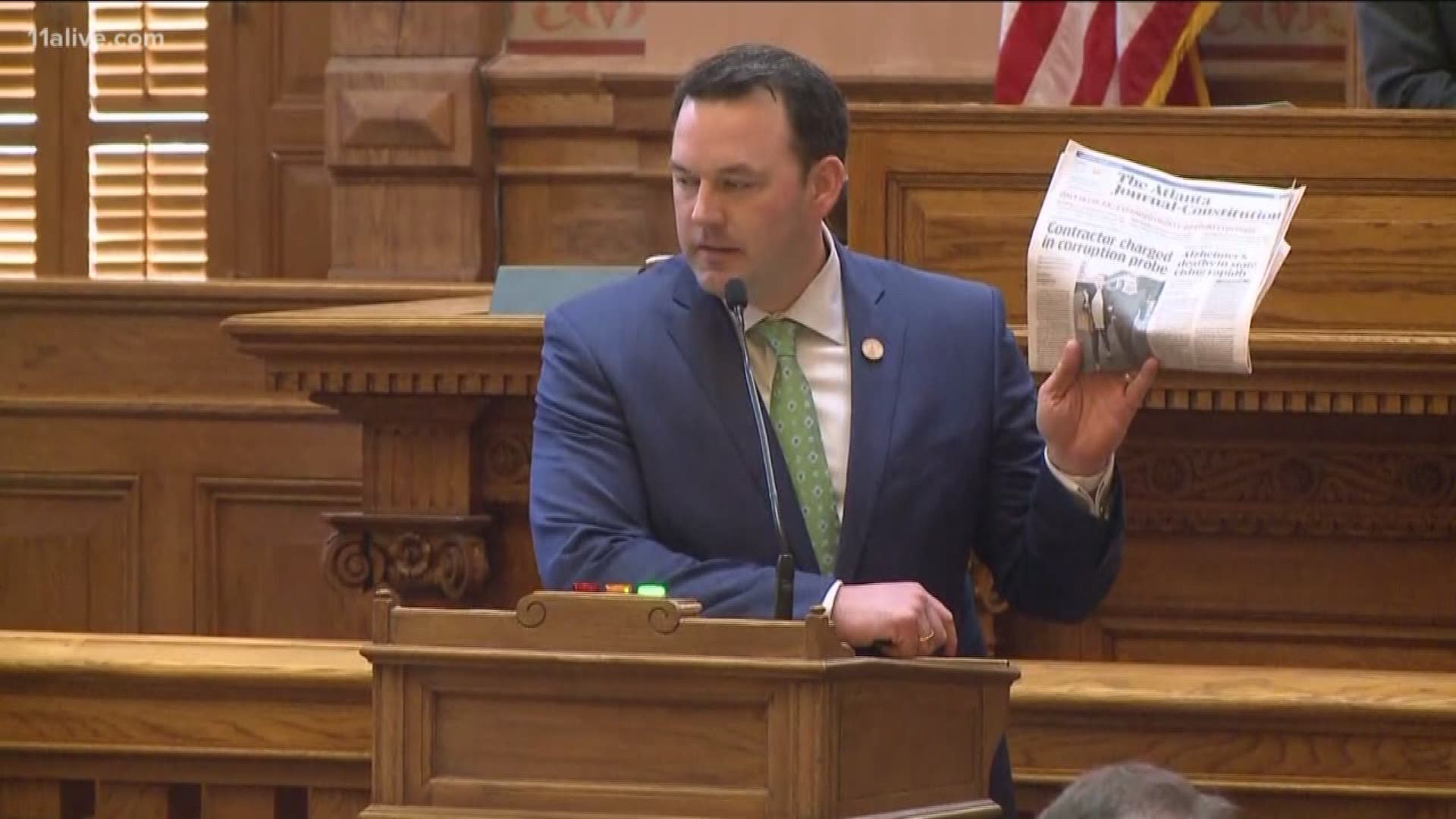ATLANTA — A proposal for the state to take over operations of Atlanta’s Hartsfield-Jackson Airport faces two major hurdles: Uncertain prospects in the Georgia House of Representatives and possible rejection by the Federal Aviation Administration, according to the Atlanta Business Chronicle.
Just before the legislative session started in January, House Speaker David Ralston (R-Blue Ridge) told reporters he saw no need to scrap a management structure that has been running the airport “pretty well.” The Senate bill was assigned to the House Rules Committee rather than the Transportation Committee, where legislation regarding airports is typically referred to, at least initially, Atlanta Business Chronicle reported.
Even if enough lawmakers consider a state takeover of Hartsfield-Jackson a good idea to pass the bill, opponents say insurmountable financial and legal obstacles to transferring control of the airport from the city would be too much to overcome. For one thing, the Federal Aviation Administration would have to approve an ownership transfer.
MORE:
Under a policy the FAA adopted in 2016 during an effort by the state of North Carolina to take over Douglas International Airport in Charlotte, the federal agency will not consider a transfer application if the local parties involved don’t agree on the plan.
Doug Selby, the city’s bond counsel, told the Senate committee the current lease agreements signed by Delta Air Lines Inc. and other carriers at Hartsfield-Jackson prohibit a transfer of ownership. Delta CEO Ed Bastian has spoken out publicly against the takeover bill. Selby also cited a letter from the Georgia State Financing and Investment Commission stating a change in ownership could dampen investment in the revenue bonds that finance airport operations.
“Stable markets encourage investment and generate positive returns,” Hala Moddelmog, president and CEO of the Metro Atlanta Chamber, wrote in a letter to Gov. Brian Kemp late last month. “SB 131 threatens jobs, creates undue controversy, disrupts operations and ultimately slows Georgia’s economic future with no practical benefit to taxpayers, air carriers, vendors or employees.”

